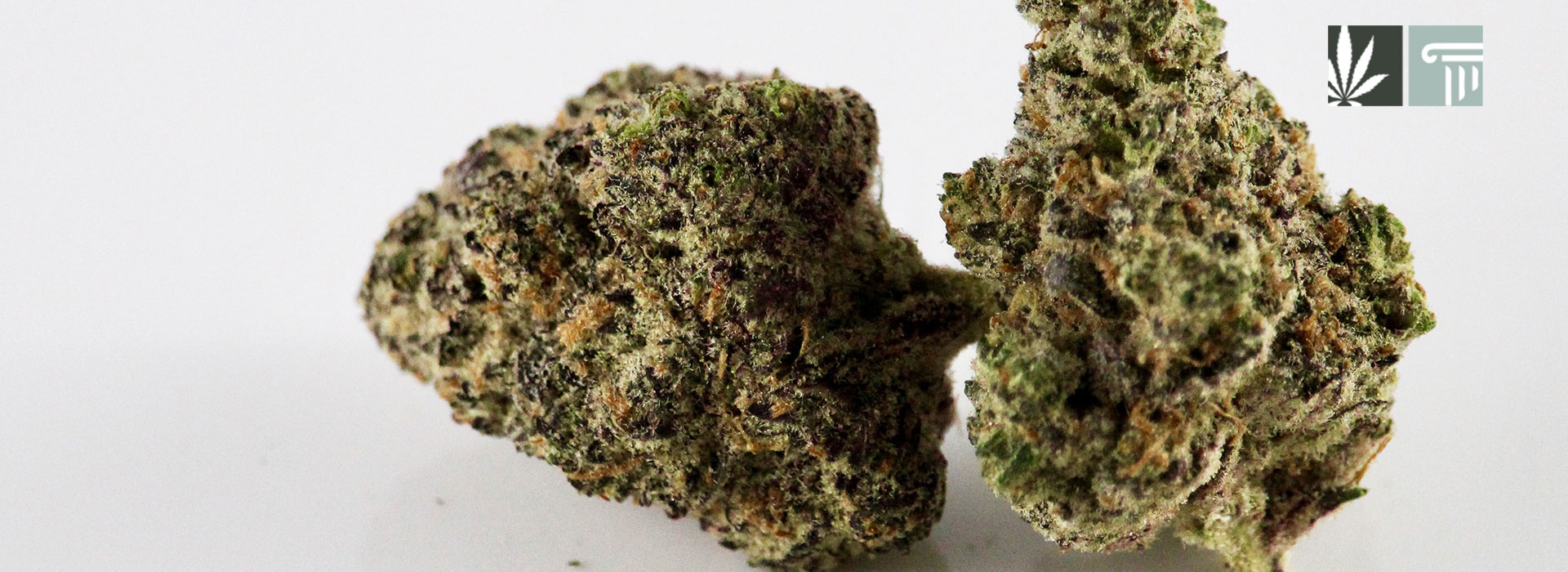The Mississippi Supreme Court has refused to hear an appeal filed by cannabis reform advocates against its ruling to overturn a voter-approved medical marijuana ballot measure.
Mississippi’s citizen-led ballot initiative to legalize cannabis for medical purposes won by close to a 3-1 margin at the November elections, but was then subject to a legal challenge brought forward by Madison Mayor Mary Hawkins Butler and the city of Madison. The plaintiffs claimed the result was invalid since the process to approve the measure for the ballot was itself invalid.
That’s because Mississippi’s Constitution requires that signatures collected in order to qualify a proposal for the ballot must be distributed equitably across the state’s five congressional districts. The trouble is that since the 2000 Census, Mississippi has only had four congressional districts and the law concerning ballot measures was never updated to account for this. For what seems a relatively innocuous technicality, the Supreme Court sided with the plaintiffs, ruled the ballot process as invalid and that the result therefore holds no weight.
“I think the people are just frankly disappointed and angry at everything that has been going on in Jackson,” said former Ocean Springs Mayor Shea Dobson. “I hope that the legislators understand that and understand that the trust in our government and the trust in our Legislature and the Supreme Court is probably at an all-time low right now. They need to do everything they can to regain the trust of Mississippians and our government,” he added.
While marijuana reform advocates said the Supreme Court’s 6-3 vote in favor of Mayor Hawkins is against the spirit of civic referenda, the justices argued their role is to follow the letter of the law as it exists. Following the ruling, Secretary of State Michael Watson, who had given the medical marijuana proposal the green light for the ballot, said he would not seek a rehearing as he doesn’t believe the Supreme Court justices would change their mind. He decided, instead, to refocus his efforts on passing a medical cannabis bill through the legislature and amending the rules governing ballot initiatives to reflect Mississippi’s four congressional districts. Watson further indicated that he believes the approved medical marijuana initiatives could be revived without starting from scratch once these rules are amended.
Watson’s inaction led the group behind the voter-approved medical marijuana ballot measure to file its own appeal against the Supreme Court’s ruling. Southern District Justice Dawn Beam, however, wrote in the decision against hearing the appeal that the time for the group to intervene in the matter was back in November, and that since they did not “the present motion for leave to intervene is not well taken and should be denied.”
And with that, the possibility of legalizing medical marijuana in Mississippi this year looks to be extinguished. The last remaining hope for medical cannabis advocates lies in pushing legislative leaders and Gov. Tate Reeves for a special session to discuss the Supreme Court’s refusal to grant a hearing, but such an outcome appears unlikely.






